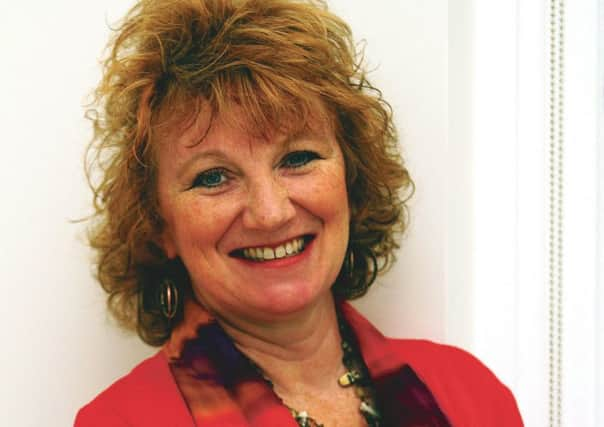Nature v nurture battle rages over ‘psycho’ children


Dr Suzanne Zeedyk has responded to a controversial opinion piece last week by Dr John Marshall, a clinical and forensic psychologist who assessed Aaron Campbell, the teenage murderer of six-year-old Alesha MacPhail on the Isle of Bute.
Marshall, the head of psychological services at the State Hospital, Carstairs, said children whose behaviour was causing problems raised by parents and services should be screened for “psychopathic traits” including cruelty to other children and animals.
Advertisement
Hide AdAdvertisement
Hide AdCampbell, who was ordered to serve a minimum of 27 years of a life sentence, has lodged an appeal against his sentence. The 16-year-old was described by judge Lord Matthews as a “cold callous, calculating, remorseless and dangerous individual”.


Zeedyk told Scotland on Sunday that there was a cultural tendency to search out “monsters” rather than getting to grips with ongoing childhood development.
She said this left children at a greater risk of harm and the real concern was that Scottish culture did not recognise sufficiently the importance of a warm, loving secure relationship for children.
Advertisement
Hide AdAdvertisement
Hide AdZeedyk is at the forefront of a grassroots movement looking into Adverse Childhood Experiences (ACEs) that grew out of a seminal scientific US study done in the 1990s.
The study found that as the number of ACEs increased, so did the incidence of depression, alcoholism, promiscuity and suicide attempts in later life.
The idea is based on a theory that trauma endured during childhood was the main determinant for the health and wellbeing of adults.
The concept of ACEs has been widely adopted by the Scottish Government, teachers, psychologists and Police Scotland.
Advertisement
Hide AdAdvertisement
Hide AdZeedyk said: “In his statement, Dr Marshall spoke of the importance of warm relationships for young children’s development, and he talked of the impact of early intervention. That puts [us] on the same page. We are all speaking to the fundamental importance of relationships to human development.
“I know, though, that Dr Marshall spoke in an exasperated tone of the ACEs movement. He thinks that the ‘gods of ACEs’ are leading professionals [especially social workers] to focus on traumatic events in children’s lives at the expense of focusing on genetic factors.
“He is essentially situating the issue within the age-old framework of nature versus nurture.”
Zeedyk said Marshall’s statement had drawn condemnation from many in the child welfare arena, with the Centre for Youth and Criminal Justice releasing a statement arguing that his proposal for universal screening was supported neither by research nor his professional association’s guidelines.
Read the full text of Dr Suzanne Zeedyk’s comments at https://bit.ly/2FYK9wR